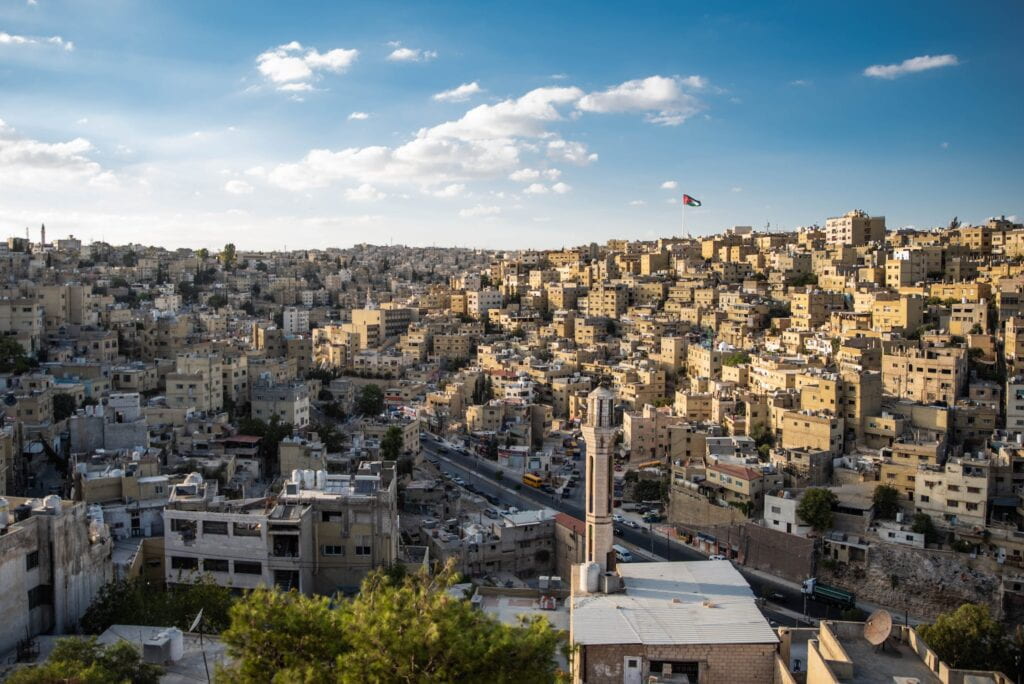
Jordan is at a greater risk for terrorist attacks due to its moderate political position, its geographic location, and its tourism industry. Neighboring countries have civil wars and injustices that produce radicalized groups, and recent attacks by Al-Qaeda in Amman have left 60 people dead and over 100 injured.
The Emergency Response Plan aims to prioritize the health and safety of Amman’s population to protect against terrorist attacks and maximize the lives preserved. Alnsour includes various central government entities that will need to be activated in an event, including the communication plan between them and the public. Alnsour encourages authorities to increase security measures in areas that are frequently targeted by extremist groups, disseminate accurate information if an event occurs, and the evacuation instructions using traditional and non-traditional communication channels.
Assessing the needs of victims and survivors starts with securing the scene by first responders such as the police and the fire departments, and the evacuation procedures create an opportunity to identify the perpetrators. Alnsour recommends that transparency is a tool that can help protect others by preventing them from traveling to the scene or other locations that may be under threat. Next, an environmental assessment of potential hazards should be conducted by the Ministry of Environment, and the treating hospitals and teams should be alerted of the results.
The plan concludes with strategies to mitigate the health impacts of such an event such as surveillance efforts, provision of treatment and mental health services, and accurate identification of all the hazards, through the collaborative efforts of multi-lateral partnerships.
Click here to read the full emergency response plan.
